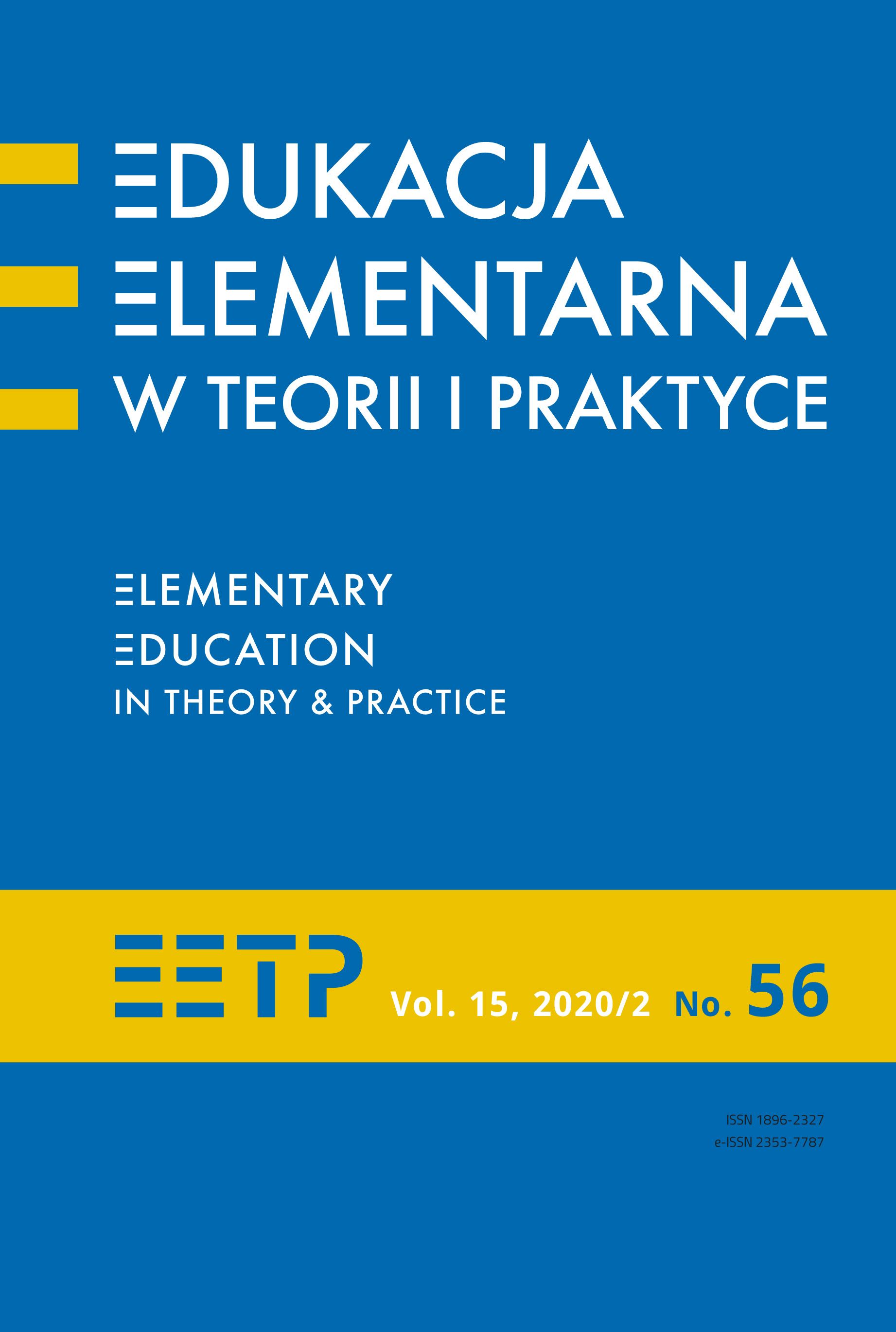Przedwojenne niemieckie gry planszowe dla dzieci w wieku przedszkolnym z terenu Prus Wschodnich – potencjał edukacyjny z historią w tle
German Board Games for Preschool Children in Inter- war German East Prussia – Their Educational Potential and Historical Background
Author(s): Małgorzata Sławińska, Barbara SapałaSubject(s): Social Sciences, Education, Preschool education, School education
Published by: Uniwersytet Ignatianum w Krakowie
Keywords: board games;preschool education; East Prussia;Heimat;Third Reich;
Summary/Abstract: The aim of this article is to allow one to discover the educational potential of two original German board games for children, based on a regional theme, which were designed and made during the period1935-1936 by students at the Preschool Teacher Training College in Olsztyn (Allenstein), which, at that time, was under the patronage of the Caritas charitable association working for the Roman Catholic Diocese of Warmia. The theme of the games included the region of Warmia (Ermland) and Masuria (Masuren), which were a part of the German East Prussia (Ostpreußen). The analysis of the content of the games includes the storylines outlined in the instructions, as well as the sites and buildings presented on the boards, mainly the historic monuments and public institutions, along with natural features of the landscape of Warmia and Masuria. Assuming that a society’s cultural basis is the key source of teaching practices, the context for these deliberations on the aims and possible application of the didactic aids being examined was created by the socio-political situation in Germany during the inter-war period. Interpreting the educational potential of the above-mentioned materials covers recognizing their cognitive values pointing towards their use within fields defined by modern didactics as patriotic, social and regional education, as well as nature studies. However, it also reveals the potential propagandistic significance of the games for the ideals of National Socialism which was being promoted in German education at that time.
Journal: Edukacja Elementarna w Teorii i Praktyce
- Issue Year: 15/2020
- Issue No: 2 (56)
- Page Range: 111-126
- Page Count: 16
- Language: Polish

